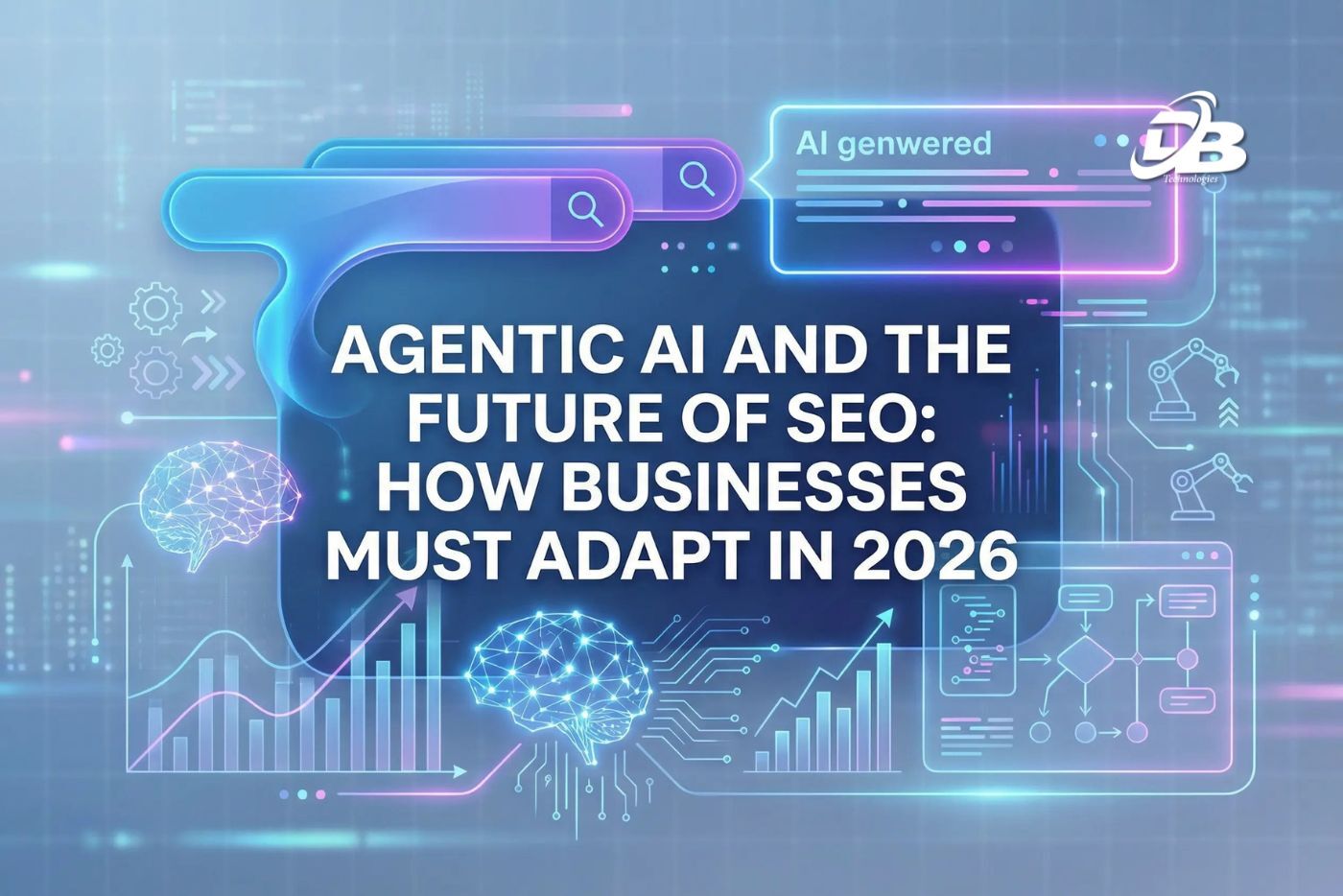
If you are reading this blog, there are chances that you’re curious, or maybe even a little worried, about staying relevant in a fast changing job market. It’s a fact that technology is evolving at breakneck speed, and the skills that got you hired yesterday might not cut it tomorrow.
The big problem? There’s a massive misalignment between what traditional education teaches and what employers actually need. Companies are scrambling for talent with future SEO skills, AI literacy, and emotional intelligence, but many job seekers are stuck in outdated skill sets.
Why Traditional SEO Skills Are Failing You
The Rise of AI Powered Search
Google’s AI Overviews (formerly SGE) now answer 57% of mobile searches directly on the results page. That means:
Fewer clicks to websites, more pressure to be the source of AI answers and a shift from “ranking #1” to “being the trusted expert.”
Example: A travel blogger who used to rank for “best Rome hotels” now competes with Google’s instant hotel recommendations. The solution? Deep expertise like “Hidden Gems in Rome Only Locals Know.”
The Misalignment Between Education & Reality
Most courses still teach future SEO Skills like:
Keyword density , exact match anchor texts and meta tag optimization
But Google’s 2024 updates penalize these tactics. What’s working instead?
1) E E A T (Experience, Expertise, Authoritativeness, Trustworthiness) , Google now checks if you actually know your topic.
2) Generative Engine Optimization (GEO), Structuring content so AI pulls from you instead of competitors.
3) Zero Click SEO , Optimizing for featured snippets and AI answers.
Case Study: A health blog saw a 300% traffic increase by rewriting old posts with first hand patient stories instead of generic advice.
What Actually Works in 2025 (No Tech Skills Needed)
1. Stop Writing for Google, Write for People
This sounds obvious, but most people still get it wrong. You don’t need fancy words or 5,000 word guides. You just need to answer real questions in a way that feels human.
For example:
Instead of writing, “10 Best Yoga Poses for Back Pain Relief”, try, “What’s the Fastest Way to Relieve Back Pain? (Try This Simple Pose)”
Why? Because people don’t search like robots. They ask questions. And if your content matches how they talk, Google will notice.
2. Get Quoted by AI
You’ve seen those instant answers at the top of Google, right? The ones where Google just gives the info without sending people to a website?
Well, here’s a secret.You can be the source of those answers.
How?
1) Write short, clear responses to common questions.
2) Use bullet points (AI loves them).
3) Add real life examples or stats.
For instance, if someone searches “Can you run after knee surgery?” and your article has a clear, expert backed answer, Google might pull it into an AI response. That means free exposure, even if people don’t click.
3. Videos Aren’t Optional
Making videos sounds intimidating and tough. But in 2025, videos are a must. If you’re not using video, then you’re missing huge traffic.
The good news? You don’t need a fancy camera. Your phone is enough.
Here’s what works:
Short clips (under 60 seconds) answering one question.
Simple slideshows (Canva makes this easy).
Behind the scenes clips (people love authenticity).
Upload them to YouTube and embed them in your blog posts. Google loves videos and will push your content higher.
4. Stop Ignoring Google Business Profile
If you run a small business, bakery, gym or a salon, then creating google business profile is the easiest way to get free traffic.
Fill out every section of your Google Business Profile:
Add photos (real ones, not stock images).
Answer FAQs (like “Do you offer gluten free options?”).
Post updates (weekly specials, events).
Why? Because when people search “best pizza near me,” Google shows these profiles before websites. If yours is complete, you’ll get calls and visits without needing a fancy website.
5. Use AI the Right Way (Don’t Let It Replace You)
AI tools like ChatGPT can be helpful, but if you let them write everything, Google will ignore you.
Instead, use AI for:
1) Research (finding questions people ask).
2) Ideas (brainstorming headlines).
3) Editing (fixing grammar, not rewriting).
Then, add your own voice. Tell a story. Share an opinion. That’s what makes content stand out now.
The Psychology of Future Proofing Your Career
The Adaptability Mindset
SEO changes fast. Future SEO skills that will be useful,
1) Learn one new tool per quarter
2) Network with innovators (follow SEO testers on Twitter/X).
3) Embrace failure (remember , not every experiment works, and that’s okay).
Example: A marketer tested AI generated product descriptions vs. human written ones. The human versions converted 27% better, but the test taught her how to use AI effectively.
The Quarterly Skill Audit
Every 3 months, ask:
1) What’s one skill I’m over relying on? (e.g., keyword stuffing).
2) What’s emerging that I’m ignoring? (e.g., voice search).
3) Who outside my niche is succeeding? (Can I adapt their tactics?).
The Dark Side of AI SEO, What Nobody Warns You About
Most people are hyping up AI for SEO, but here’s the uncomfortable truth. Google is getting scarily good at detecting synthetic content.
Example
A popular tech blog used ChatGPT to generate 30 posts last month. Their traffic initially spiked, then dropped 72% after Google’s March 2024 spam update. Why?
The “AI Uncanny Valley” Effect
Google’s algorithms now spot “almost humanbut-not-quite” content patterns. Things like:
Overly perfect grammar
Generic phrasing
Lack of temporal references (real experts say “last Thursday” not “recently”)
The Fix?
1) Add human fingerprints, by including personal asides (“This reminds me of when I…”)
2) Use imperfect transitions (“Anyway, back to…”), add time anchors (“As of May 2024, this method still works because…”)
Case Study:
A cooking site started adding 1, 2 deliberate typos per 500 words (like “teh” instead of “the”) and saw:
40% longer average page dwell time , 22% more social shares , Zero ranking drops
Steal These 3 Unconventional SEO Tricks from Non-SEO Industries
Some of the best 2025 SEO tactics come from unexpected places.
1) The “911 Operator” Tactic (From Emergency Services)
Consider this. Emergency dispatchers are trained to
Answer the real question behind what’s asked, provide the most critical information first and repeat key details for clarity
SEO Application:
Analyze voice searches for your niche
Put the direct answer in the first 40 words
Repeat your key point 3x (in headings, conclusion, and a callout box)
2) The “TikTok Dancer” Strategy (From Viral Creators)
Lets understand from another unique perspective. The Top TikTokers know that
The first 2 seconds decide if viewers stay , looping content gets rewarded and the authenticity beats polish
SEO Application:
1) Start articles with shocking stats/stories (“Last week, this mistake cost me $2,000…”)
2) Create “infinite scroll” content (e.g., “Keep reading for 5 more weird fixes”)
3) Film quick, unedited troubleshooting videos (“Here’s my actual screen recording…”)
Case Study:
A B2B SaaS company replaced stock images with real employee phone videos explaining features. Their “How to” posts:
1) Jumped from #8 to #1 in 3 weeks
2) Got 5x more demo signups
3) The “Car Mechanic” Hack (From Auto Repair Shops)
Here’s another formula, to make things simpler for you.
Honest mechanics involves,
1) Show you the broken part
2) Explain options clearly
3) Let you watch the work
SEO Adaptation:
1) Use real screenshots of your analytics/errors
2) Compare solutions (“Option A is fast but risky, Option B takes longer but…”)
3) Publish raw case study data (even failed experiments)
Example:
An SEO agency started sharing unedited client spreadsheets (with permission). Their “SEO for Dentists” guide:
1) Got 14 natural backlinks from dental associations
2) Ranked #1 in 11 months
3) Converted at 28% (vs. 3% for generic versions)
Your 90Day Action Plan
Month 1: Audit & Optimize
1) Fix low-E-E-A-T content (add author bios, credentials).
2) Repurpose 3 old posts into Q&A format.
3) Claim & optimize Google Business Profile (if local).
Month 2: Experiment
1) Test one new format (video, podcast, infographic).
2) Run an AI vs. human content A/B test.
3) Answer 5 “People Also Ask” questions in-depth.
Month 3- Scale & Refine
1) Build 3 high quality backlinks
2) Monitor SGE impact (are you appearing in AI Overviews?).
3) Join an SEO community
If you found this blog useful, you might also enjoy our piece ‘How Long Does SEO Really Take?’ insights from Google’s John Mueller.
Wrapping up
Future SEO skills aren’t about keeping up with every algorithm change. It’s about understanding real people’s problems , sharing your genuine knowledge and making your content easy to consume.
Remember, Google always tries to show the best results to its users. If you only focus on being genuinely helpful, then the rankings will follow eventually.












